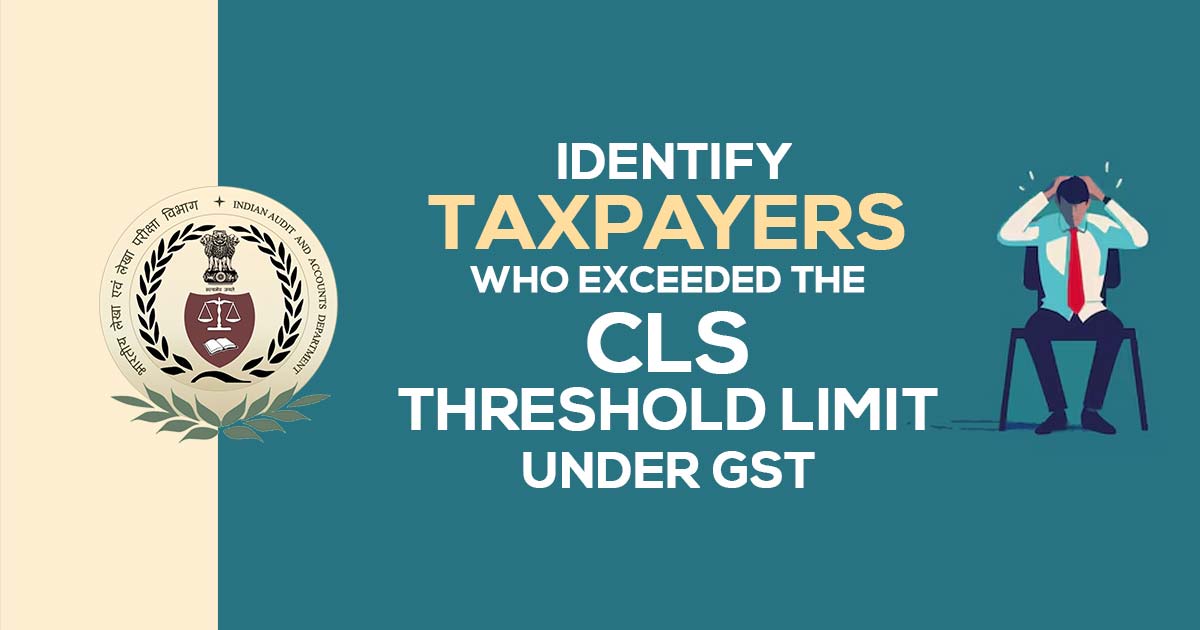
The Comptroller and Auditor General (CAG) has urged the Finance Ministry to periodically specify high-risk taxpayers within the GST composition scheme and validate their reported sales figures through external sources, including third parties, to declare their sales to combat tax evasion.
After scrutinizing 8.66 lakh composition taxpayers under central jurisdiction in the fiscal years 2019-20 to 2021-22, the CAG came to know that a substantial number of GST taxpayers face a notable risk of surpassing the turnover threshold for the composition levy scheme (CLS).
These high-risk taxpayers were singled out through audits based on data extracted from GST returns like GSTR-4A, and GSTR-7, alongside external sources such as IT returns and the ‘Vahan’ database.
Under the GST composition scheme, taxpayers are eligible if their net turnover in the previous fiscal year does not exceed Rs. 1.5 crore, and Rs. 75 lakh for those in special category states.
The CAG highlighted two significant risk areas concerning CLS taxpayers: the under-declaration of taxpayers’ ‘value of outward supply’ to remain within the scheme and the failure to meet the qualifying conditions for benefiting the CLS.
Read Also: CAG Urges Telangana GST Dept. to Follow up on Show Cause Notices for Tax Defaults
The audit further noted instances where certain CLS taxpayers continued in the scheme without meeting the eligibility criteria as per the Act and Rules, and a considerable number of them needed to fulfil their obligations of filing returns and making tax payments under reverse charge.
In a report presented in Parliament, the CAG recommended that the Ministry, by employing a risk-based strategy, should regularly identify high-risk taxpayers in the CLS and corroborate their reported sales figures from external sources, including third parties, to prevent misuse by ineligible individuals.
Furthermore, the official auditor proposed that the Finance Ministry establish a mechanism to identify ineligible taxpayers and take measures to exclude them from the CLS to safeguard against the misuse of the scheme’s intended benefits.